2 Key Differences Between Mortgages and Commercial Lending
Hibu Websites • May 26, 2020
If you're one of the 65.3% of Americans that own a home, chances are you're already familiar with the mortgage loan process. You might believe the process is the same, or very similar, to obtaining a commercial loan for a business. However, this is not the case. There are a couple of key differences between mortgage loans and commercial lending that you should be aware of if you're looking to open up a business with a physical location.
Debt Coverage Ratio
The debt coverage ratio (DCR) is essential for commercial lenders looking to approve your commercial loans. While mortgage companies look at elements like a buyer's credit score to judge whether they will be able to pay back the loan every month, this alone is not enough for commercial lenders
to approve a loan. In order to feel safe in their investment, commercial lenders will require a certain DCR to approve your commercial loan.
The DCR is a number, usually between 1.25x and 1.35x, that is calculated by the dividing net operating income (NOI) by the total debt service. For example, if your NOI is $120,000 per year and your total debt service is $100,000 per year, your DCR is 1.2x, meaning you can pay back 120% of the commercial loan every year. If a lender doesn't accept your DCR, you might have to make more changes in order to get approved for a commercial loan. Usually, putting down a bigger down payment and trying to get a lower interest rate are the best ways to increase your DCR for approval.
Fluctuating Interest
Commercial lenders do not, like mortgage lenders, give out commercial loans with a fixed-year interest rate. Instead, the interest rate on commercial loans fluctuates with the market after a certain amount of years, known as "floating." Unlike your home loan, your commercial loan might have a fixed interest for the first three years, but then this rate will increase every year or every other year.
It's important to keep this fluctuation in mind, as well as the possibility of paying back a balloon payment after your initial fixed-rate time period. This can help prevent the fluctuating interest keep you from paying back your loan. Talk to your commercial lenders in detail to get more information about your fluctuating interest rates, possible balloon payments, and all other essential information to know how to make the best payment plan for your loan.
Owning a business and looking at commercial real estate can be exciting and profitable. However, mom-and-pop shops and start-up businesses must be careful to examine every detail of their commercial loans. Though there are many other key differences between mortgages and commercial loans, these two key differences will help you understand a little bit better what commercial lenders are looking for: successful, profitable businesses. If you're confident that your commercial real estate or business will be profitable and are looking for the best commercial loans in your area, don't hesitate to research and reach out to commercial lenders.

Last year, the Federal Reserve took action to try to bring down inflation. In response to those efforts, mortgage rates jumped up rapidly from the record lows we saw in 2021, peaking at just over 7% last October. Hopeful buyers experienced a hit to their purchasing power as a result, and some decided to press pause on their plans.

It doesn’t matter if you’re someone who closely follows the economy or not, chances are you’ve heard whispers of an upcoming recession. Economic conditions are determined by a broad range of factors, so rather than explaining them each in depth, let’s lean on the experts and what history tells us to see what could lie ahead. As Greg McBride, Chief Financial Analyst at Bankrate, says:
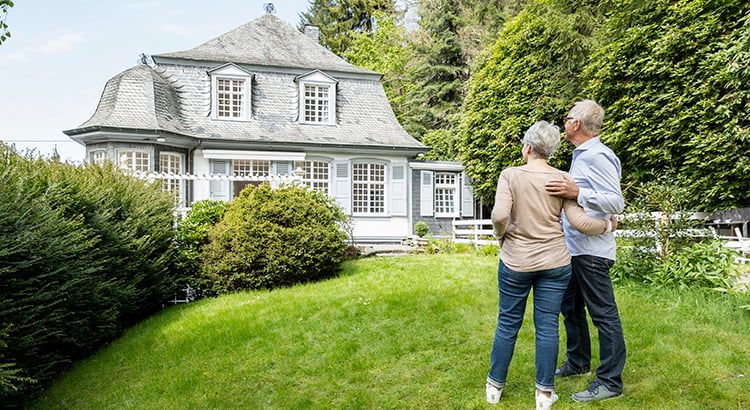
During the pandemic, second homes became popular because of the rise in work-from-home flexibility. That’s because owning a second home, especially in the luxury market, allowed those homeowners to spend more time in their favorite places or with different home features. Keep in mind, a luxury home isn’t only defined by price. In a recent article, Investopedia shares additional factors that push a home into this category: location, such as a home on the water or in a desirable city, and features, the things that make the home itself feel luxurious.
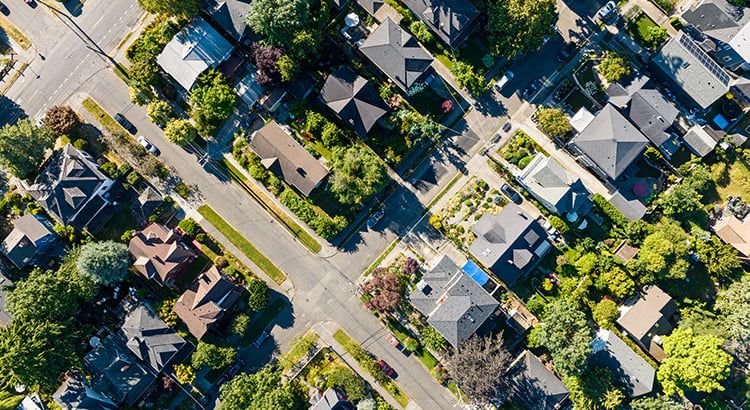
There’s no doubt today’s housing market is very different than the frenzied one from the past couple of years. In the second half of 2022, there was a dramatic shift in real estate, and it caused many people to make comparisons to the 2008 housing crisis. While there may be a few similarities, when looking at key variables now compared to the last housing cycle, there are significant differences.

If you’re thinking about buying or selling a home soon, you probably want to know what you can expect from the housing market this year. In 2022, the market underwent a major shift as economic uncertainty and higher mortgage rates reduced buyer demand, slowed the pace of home sales, and moderated home prices. But what about 2023?
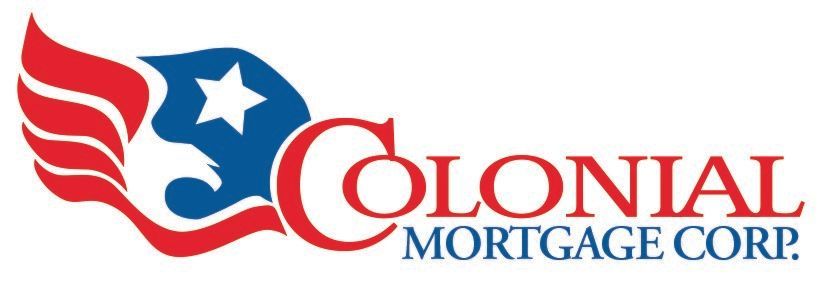
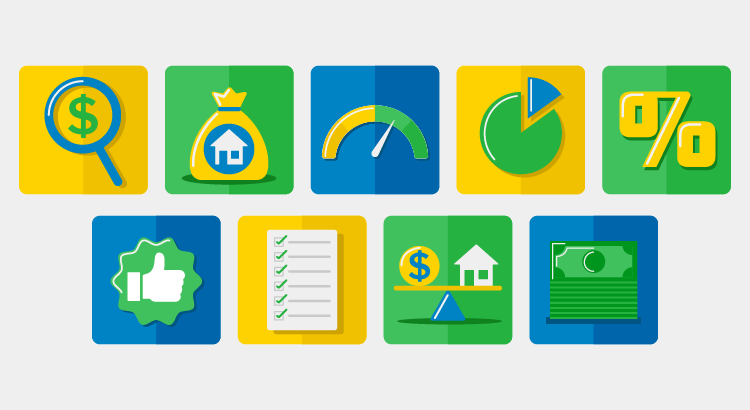
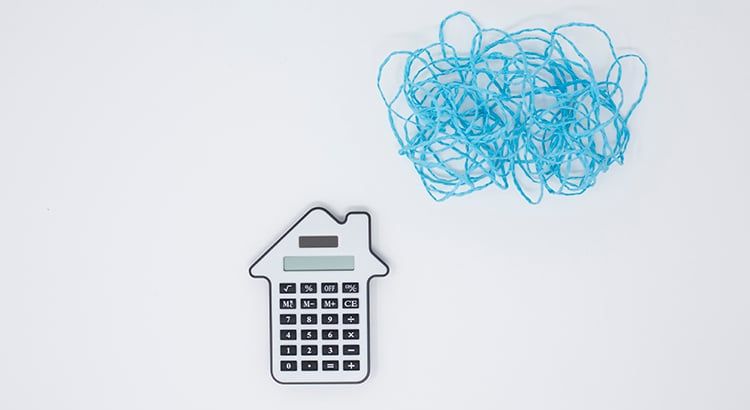
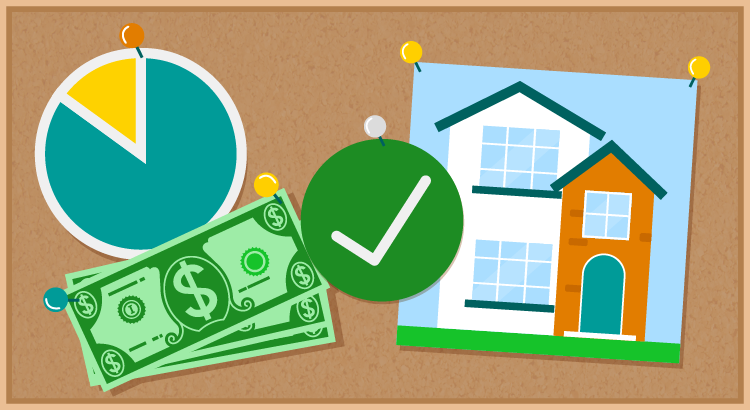
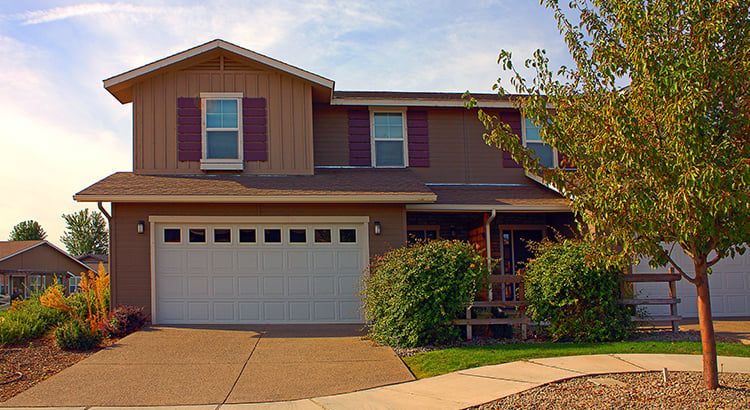
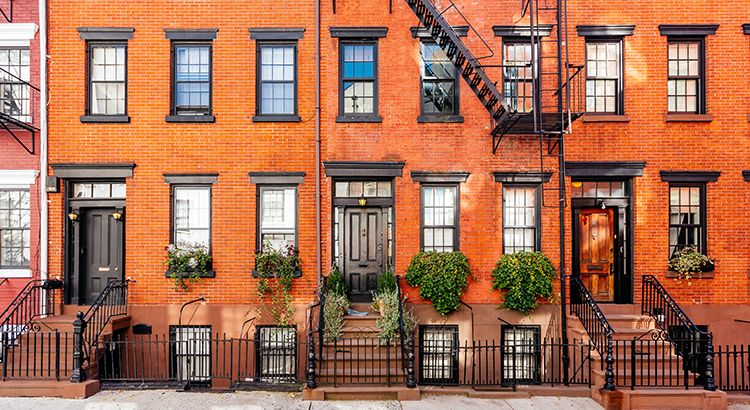
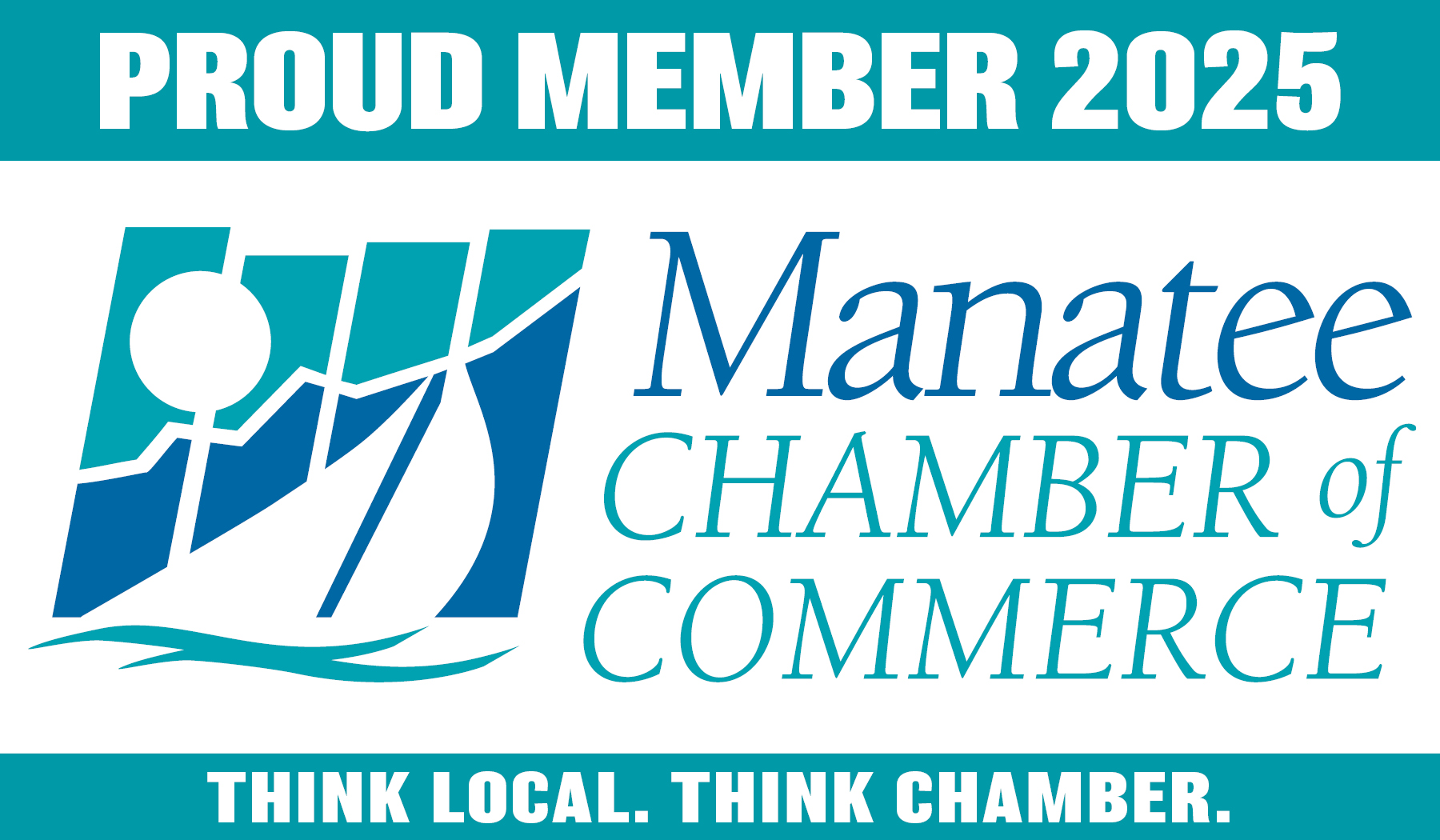
Share On: